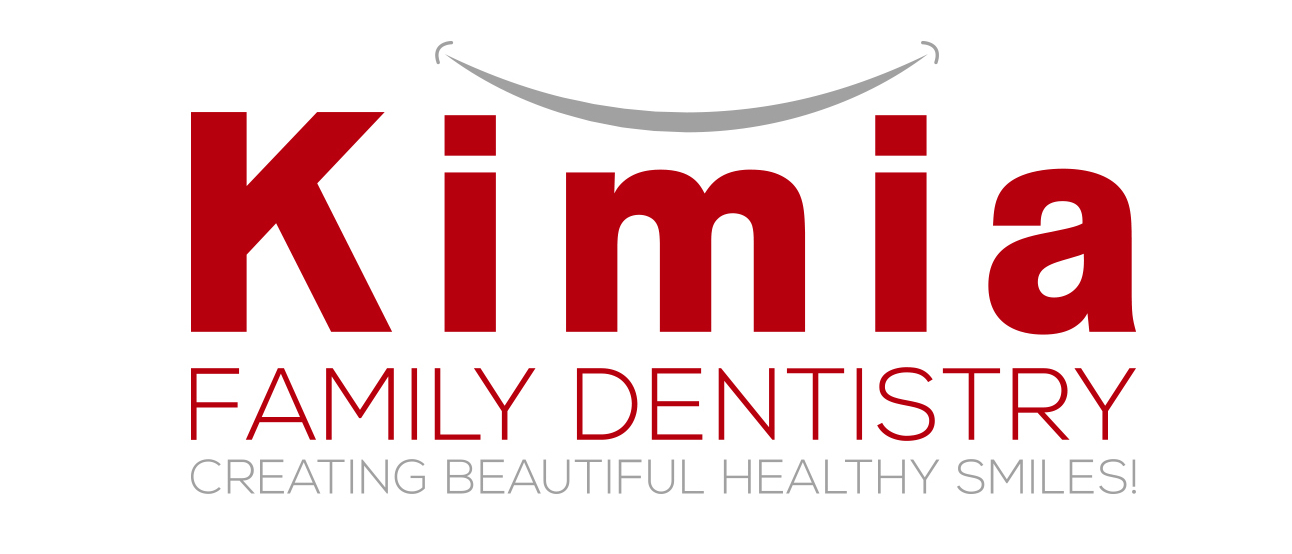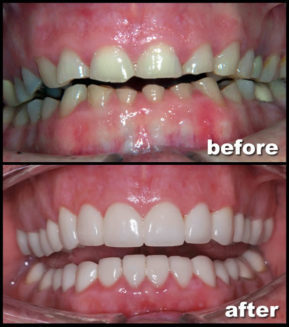Teeth grinding is a common problem, and many people do not realize they do it until their dentist tells them their teeth are worn. Until recently, most doctors and dentists assumed that stress or malocclusion caused teeth grinding, which is also referred to as bruxism. Some new research studies have disproved these assumptions, suggesting that interrupted breathing while sleeping may be the cause of bruxism.
What the New Bruxism Research Shows:
When you sleep, your brain cycles through different types of brain waves. When you approach the deepest stage of sleep, your body fully relaxes. This full relaxation causes some problems for your breathing. The jaw bones are heavy, and when your muscles relax, the jaws may partially block your airway. At the same time, relaxation of your tongue causes it to expand to nearly twice the size it is when you are awake. The relaxation of the tongue muscle further blocks your airway. The temporary stopping of breathing is called sleep apnea. Researchers used brain scans to study people as they slept. They found that teeth grinding reopened the airway, making it possible to breathe again.
Why the Bruxism Research Is Important:
If you grind your teeth at night, you’re not sleeping well. People with sleep apnea often feel fatigued through the day. Muscles become tense, causing aches and soreness. When you sleep, your body releases important hormones to repair cellular damage. Disrupted sleep interrupts this important healing process. Grinding your teeth could lead to disorders of the temporomandibular joint and excessive wear and tear on the jaw. Grinding may also lead to sensitive teeth, tooth decay and jaw pain.
Treatment Options for Bruxism:
Many dentists used to simply give patients a mouth guard to prevent damage from teeth grinding. Unfortunately, this can worsen the airway blockage by repositioning the jaw. The new standard of care for teeth grinding is referring patients for a sleep study. At Kimia Family Dental, our dentist Granada Hills provides patients with a sleep study referral if they have signs of teeth grinding. Sleep apnea is more common than people once believed. People with untreated sleep apnea have a higher risk of high blood pressure, heart disease, diabetes, stroke, cancer and obesity. Some risk factors for sleep apnea include anxiety and depression, having a long neck and being petite. When you need bruxism treatment in Granada Hills, Kimia Family Dentistry is the natural choice.


